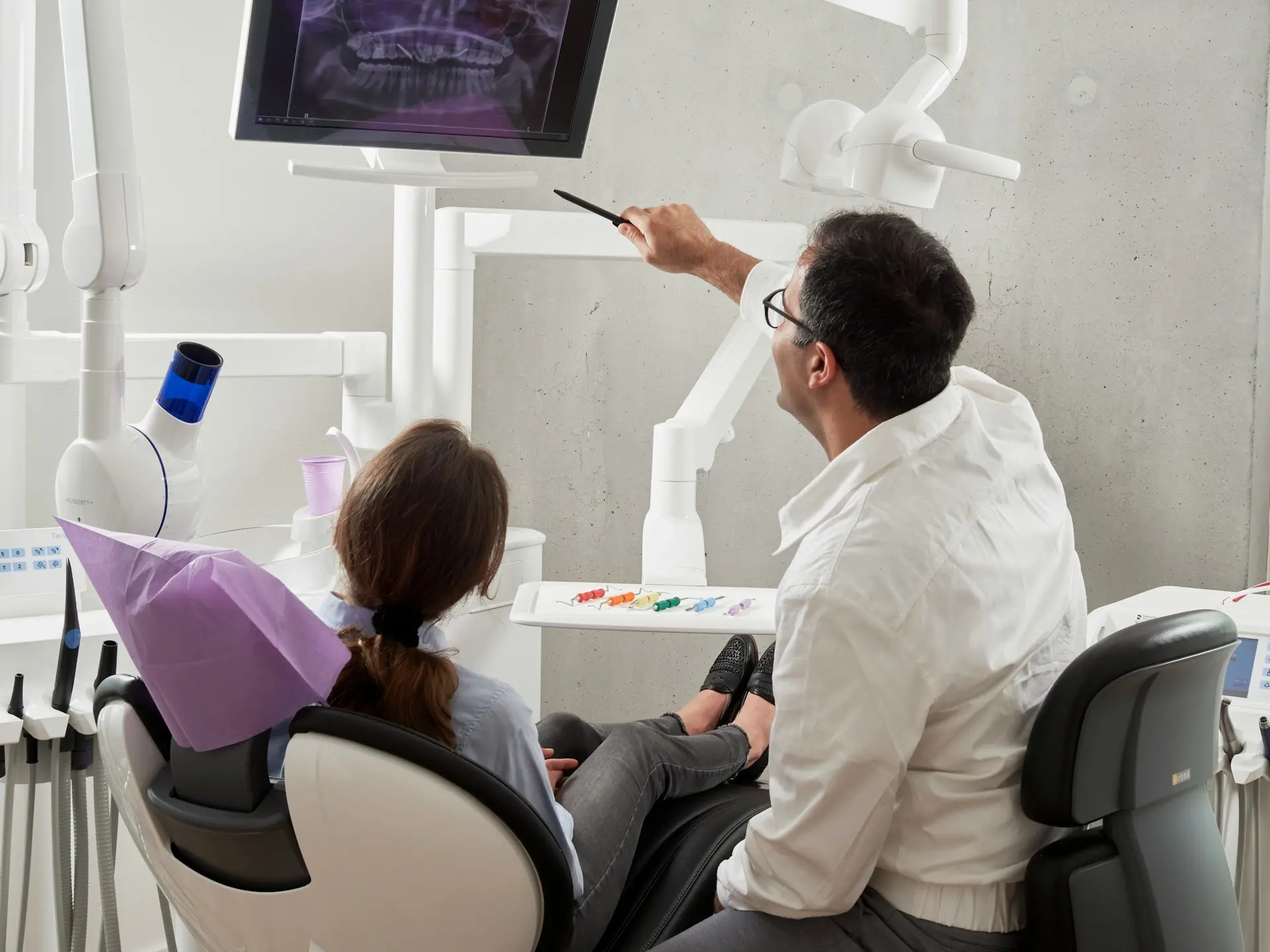Being in a car accident can be overwhelming. Whatever you were previously doing becomes irrelevant, and you now have to focus on staying well and understanding what just happened. You now have to prioritize your recovery—whether physically, mentally, or emotionally. Aside from that, you have to deal with documentation, increasing medical bills, and even filing compensation claims.
The Human Body During an Accident
A large amount of force accompanies a car accident, and the human body has its limitations. Even when the driver is wearing a seat belt and the car has all the latest safety features, they can expect to experience physical aches and pains, including wounds, broken bones, and serious injuries. Their life may turn upside down as they deal with months of therapy and medical appointments hoping to achieve a full recovery.
The first stage of an accident, known as the initial impact, poses the most significant risk to the body. During this phase, the body absorbs the full force of the collision, leading to various potential injuries such as head and neck trauma, back injuries, and internal harm. An auto accident doctor can assist in comprehending your injuries and suggesting the most effective treatment plan.
Most injuries in car accidents happen when the driver is:
- Thrown against the dashboard of the car
- Jerked sideways against the windshield
- Thrown forward and backward
- Hit by flying debris or loose objects
- Thrown out of the car
The severity of the injury varies on many factors, including the speed of the collision, the type of vehicle involved, the use of safety restraints, and the individual’s age and health.
The Importance Of Receiving Prompt Medical Attention
After being in a car accident, you may feel that you were very lucky because you were able to get out of the car in one piece with no apparent injuries. You may be confident that all you have are some bumps and bruises and a little bit of pain. However, you must have yourself checked out by a medical professional as soon as possible. That is because internal injuries may show no signs until days later when the damage may have worsened and could lead to long-term health issues and even disability.
Signs and symptoms of injuries such as concussions, whiplash, soft tissue wounds, or spinal damage may not become apparent until hours or days after the accident. That could be because of adrenaline and endorphins that kick in during and after the crash since these chemicals can mask any feelings of pain.
Even if you think you feel fine after the accident, it is important to monitor yourself closely during the days or weeks after the crash and visit your doctor if new pain or other symptoms appear. Keep an eye out for symptoms such as:
- Unexplained headaches
- Tingling and numbness
- Pain in your neck or back area
- Pain in your abdominal area
- Changes in your behavior or personality
- Difficulty sleeping or sleeping too much
- Fatigue
Do not hesitate to get medical attention for any of the above or any other symptoms, even if they are mild or you are not sure whether they are related to the accident or not.
Most Common Injuries After a Car Accident
· Whiplash
When your head and neck are thrown backward and forward due to the crash’s impact, this forceful motion results in damage to your soft tissues, vertebra, nerves, or spinal discs. Symptoms of whiplash include pain that radiates through the upper back and shoulders, headaches, numbness, and tingling.
These symptoms can vary in severity and may not appear immediately after the accident. If you experience any of these symptoms after a car accident, you now have to prioritize your recovery—whether physically, mentally, or emotionally. Aside from that, you have to deal with documentation, increasing medical bills, and even filing compensation claims.
· Concussion
Also known as a mild traumatic brain injury, a concussion happens when the head receives the full impact of the crash and is jolted forcefully. The brain bounces around inside the skull, causing a concussion and damaging soft tissues and brain cells. When you suffer a concussion, you may expect to have nausea, fatigue, dizziness, confusion, memory problems, problems when trying to focus, problems with balance and coordination, changes in your sleep patterns, and sensitivity to sound and light.
Your doctor may need to conduct a neurological evaluation and check your vision, hearing, balance, coordination, and reflexes. You may also receive a cognitive test to evaluate your ability to recall information, concentration, and memory and your doctor may also recommend brain imaging to determine the severity of your injuries. You may also need to be under observation for at least the first 24 hours.
· Spinal Injury
You may suffer damage to your vertebrae, nerves, spinal discs, or the connective soft tissues of your spine. You may experience stiffness and muscle spasms, back pain, and loss of spinal mobility. Since the impact of the crash may result in direct impact to the vertebral column, you may find that the spinal cord’s ability to receive and send messages to and from the brain has been affected, and you may experience loss of motor, sensory, and autonomic functions.
If a spinal injury is suspected, the paramedics at the scene will carefully immobilize the spine and it may be determined that you need emergency surgery for this. Traction may also be used to help bring the spine into proper alignment and restore blood flow to the area.
· Dislocation
A dislocation occurs when a joint is forcefully pulled out of its socket. Common signs include pain, deformity, loss of movement, swelling, and bruising in the affected area.
In the case of a dislocation resulting from a car accident, it’s crucial to seek immediate medical attention. Swift treatment can help prevent complications like arthritis, nerve damage, and blood clots. To reduce the risk of dislocations in car accidents, it’s essential to take preventive measures. These steps include wearing seatbelts, warming
· Mental Health Issues
It is not uncommon for people who experience a car accident to develop mental health issues such as PTSD, depression, or anxiety. This is due to the trauma caused by the overwhelming impact of the crash itself, damage to properties, the injuries that you now have to deal with, feelings of guilt if someone else lost their life, and many other factors.
Aside from that, many car crash victims have to seek compensation and justice—especially when the accident was caused by a case of reckless driving. This adds to their overall emotional and mental health pressure that would be damaging if the car crash victim cannot cope well.
Can a personal injury claim be filed for injuries that are not immediately apparent?
Waiting too long to report an injury may cause problems with your insurance company. That is why it is recommended that you hire car crash lawyers to help secure a police report and other documents while you get your injuries checked by a licensed medical doctor. A healthcare professional can evaluate your injuries and explain what symptoms you should be on the lookout for in the next weeks or months. Then get a copy of your doctor’s evaluation and instructions to give to your insurer.
Also, 1-800-Injured recommends that you talk to a personal injury attorney about your case and the development of your injuries. You need someone who can build a strong case on your behalf and help you fight to get the compensation you need and deserve.



